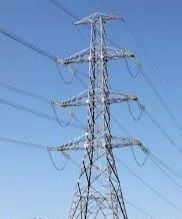In recent years, there has been alot of rave about electric cars with EV companies highlighting how you can just connect your car, and drive, simple.
No more buying fuel at over 1000 NGN, no more queuing in gas stations, in fact no fuel wahalla.
Currently, Tesla is often considered the top electric vehicle manufacturer in the world, leading in sales, technology, and market influence.
As enticing as it may seem, the industry still grapple with a lot of challenges in fulfilling this promises, on grounds of technological advancement. Notably, the most prevalent challenge is the long charging hours associated with this new technology and the battery durability are still under improvements.
subsequently, these technological challenges are being addressed, with different brands trying to outdo each other with unique strengths and strategies in the electric vehicle market.
Tesla Model S
- Strengths:
- Advanced battery technology and efficiency.
- Extensive Supercharger network.
- Strong brand loyalty and recognition.
- Strategies:
- Continuous innovation (e.g., Full Self-Driving).
- Expansion into new markets and production facilities (like Gigafactories).
- Charginging Time: Around 15-20 minutes for a Supercharger (up to 80%).
BYD
- Strengths:
- Wide range of electric vehicles (buses, trucks, and passenger cars).
- Strong domestic market presence in China.
- Significant vertical integration in battery production.
- Strategies:
- Expanding globally, especially in Europe and Latin America.
- Leveraging government incentives in various regions.
- Focus on affordability and mass-market appeal.
- Charging Time:
Moreso, other environmental advantages has also been touted by numerous manufacturers, enhancing international appeal and this narrative is garnering support from many countries, with countries like the United States declaring the phasing out of internal combustion engine cars come 2050.




